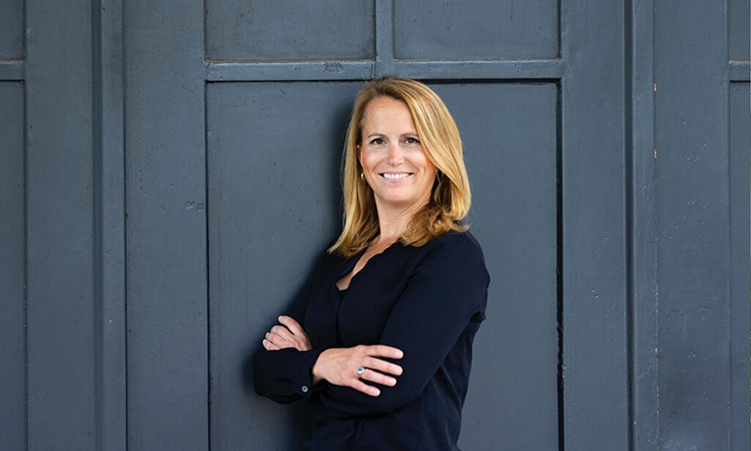Namibia has recorded 2 210 malaria cases nationally as of 15 December, including nine deaths as a result of the rainy season. The Ministry of Health and Social Services warned of an increase in the number of cases until April when the rainy season ends. The ministry last week announced that the majority of the cases were recorded in the northern parts of the country. “The majority of the cases were reported from the Eenhana district (with 661 cases), accounting for 30%, followed by Okongo (with 336 cases), accounting for 15% of the total cases,” ministry of health executive director Ben Nangombe says in a statement. The affected districts include Eenhana, Okongo, Outapi, Engela, Nkurenkuru,Oshikuku, Omuthiya, Oshakati, Onandjokwe, Tsumeb, Rundu, Okahao, Tsandi, Ncamagoro, Nyangana andAndara. “At least 16 malaria-endemic districts
Author Archives: Shania Lazarus
The African Export-Import Bank (Afreximbank) is exploring ways to promote inter-African trade through one common continental currency. Speaking at the bank’s Trade Finance Seminar 2024 in Windhoek this week, Afreximbank research economist and senior manager Anthony Coleman said the bank is currently conducting a study to understand how a single currency could streamline trade across Africa, drawing inspiration from the European model. “We are looking at the exchange rate mechanism and exploring the potential of introducing a single currency to foster inter-African trade,” said Coleman. “This study is already underway, and we hope its findings will provide clear recommendations for advancing the idea in a practical, effective way.” Coleman, however, said a shared currency comes with challenges, particularly in terms of aligning the economic policies of African countries. There is
Foereign investors in different projects across Namibia have praised the country as being easy to do business in. Otjimbele project chief executive Carlos Aretxaga, speaking during a media briefing last week, said Namibia is an organised country with clear policies in place when it comes to doing business. “The policies and the legal framework are really clear: There is a rule of law and this is the first thing that is required for any investor to come and invest in a country,” said Aretxaga. “Sometimes they [investors] are scared of Africa mainly because they feel there is this uncertainty on the policy side. On the legal side, however, Namibia has a very clear legal framework, and this is actually what eases the business,” he said. However, he said there is



